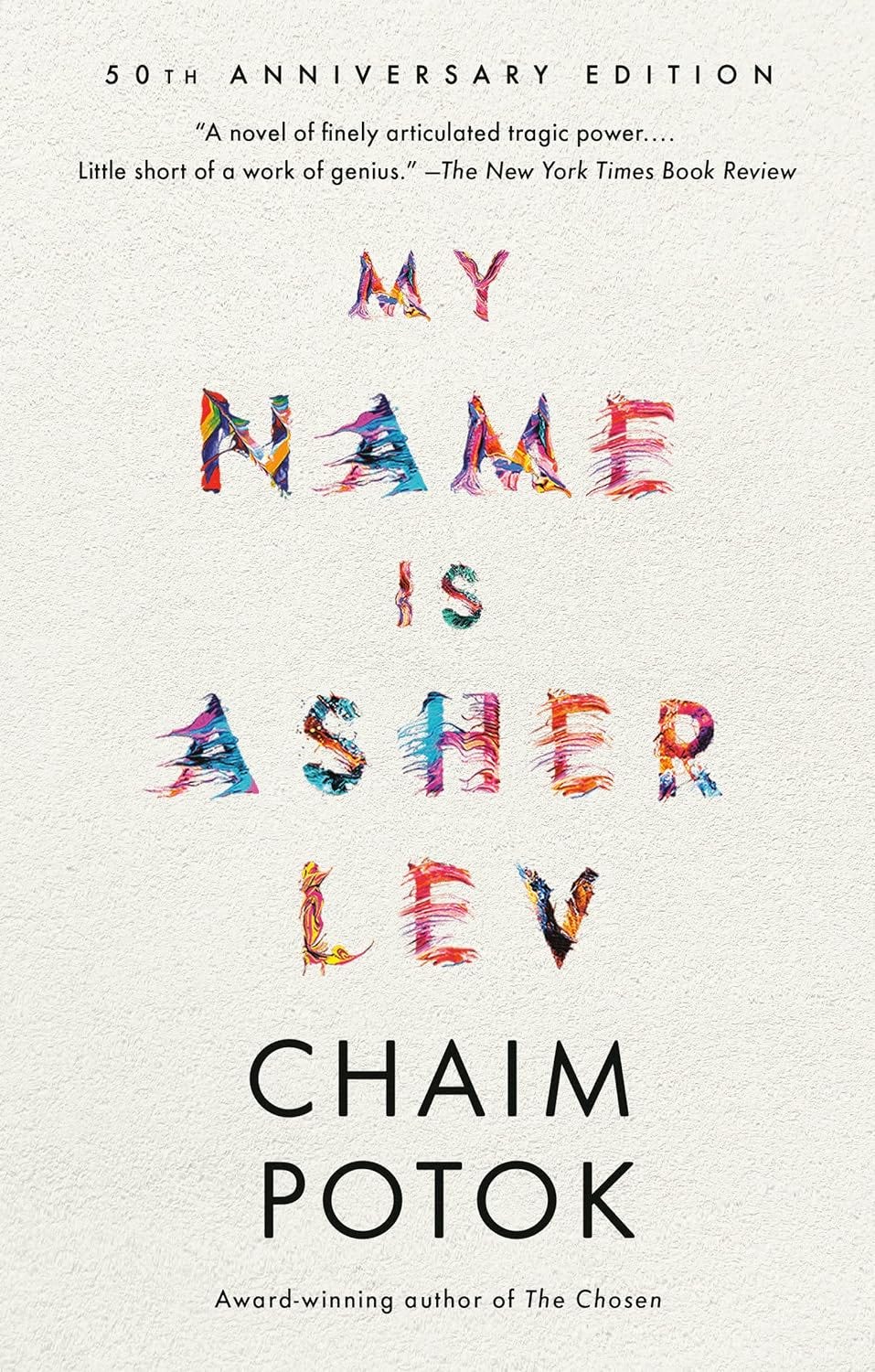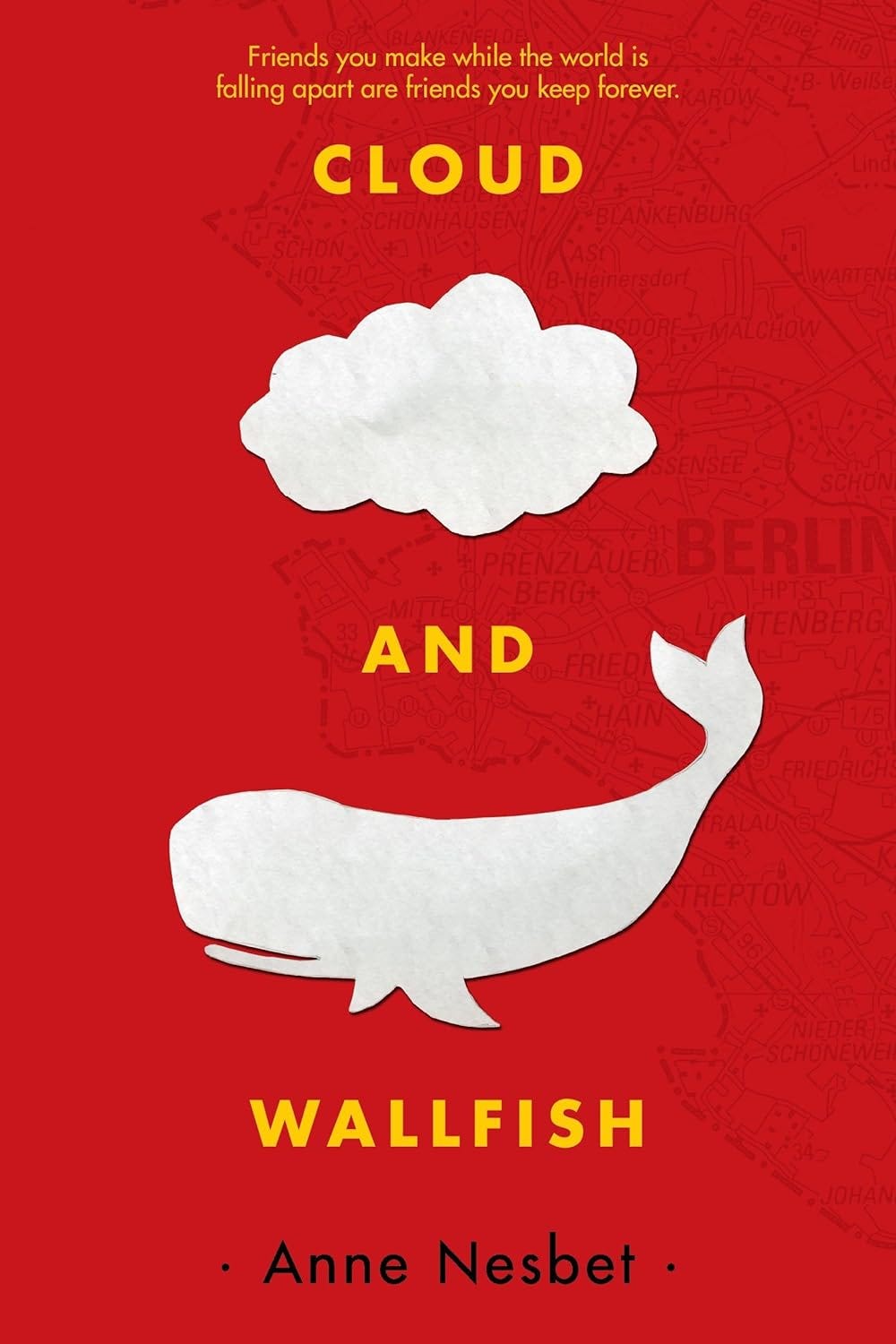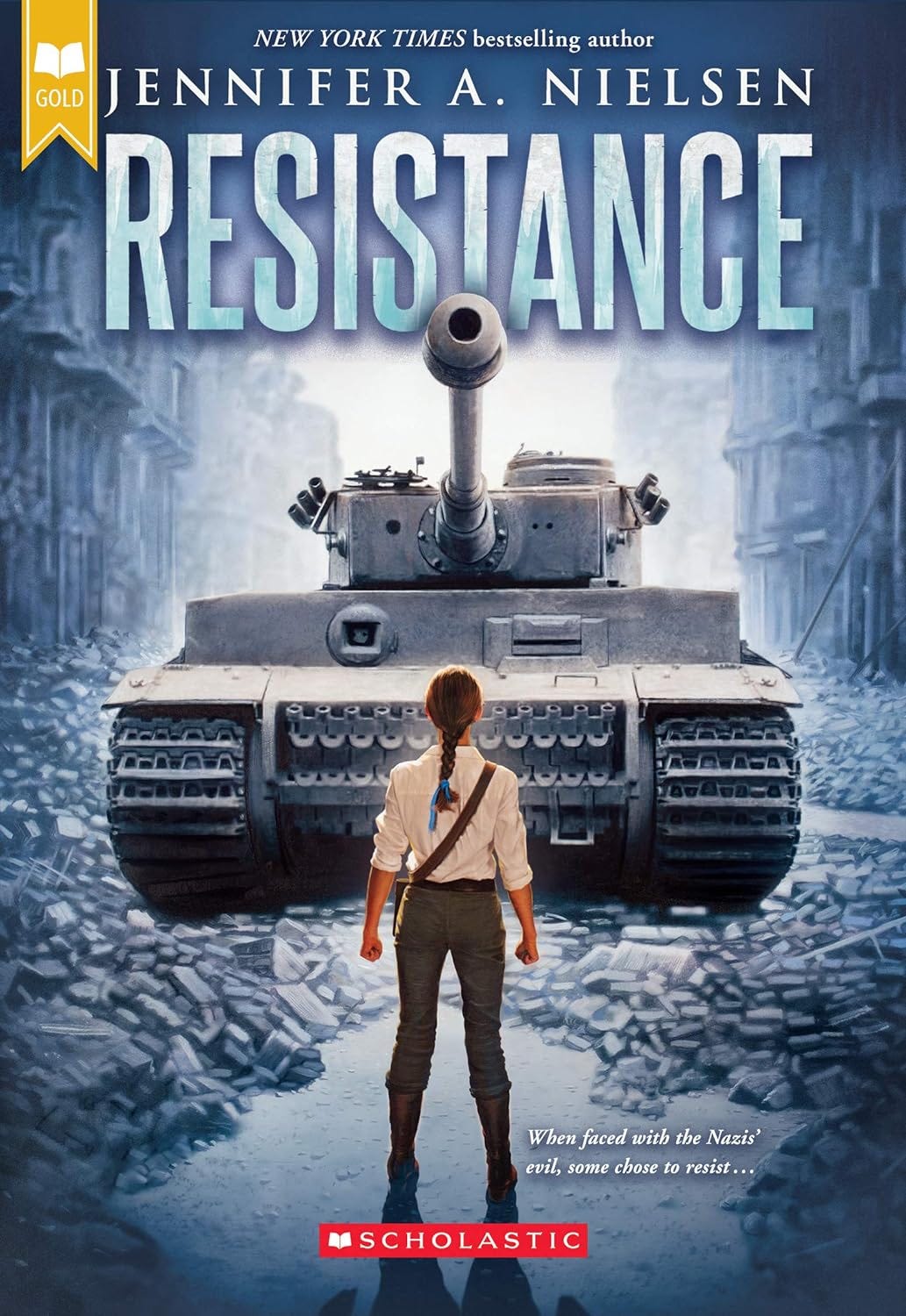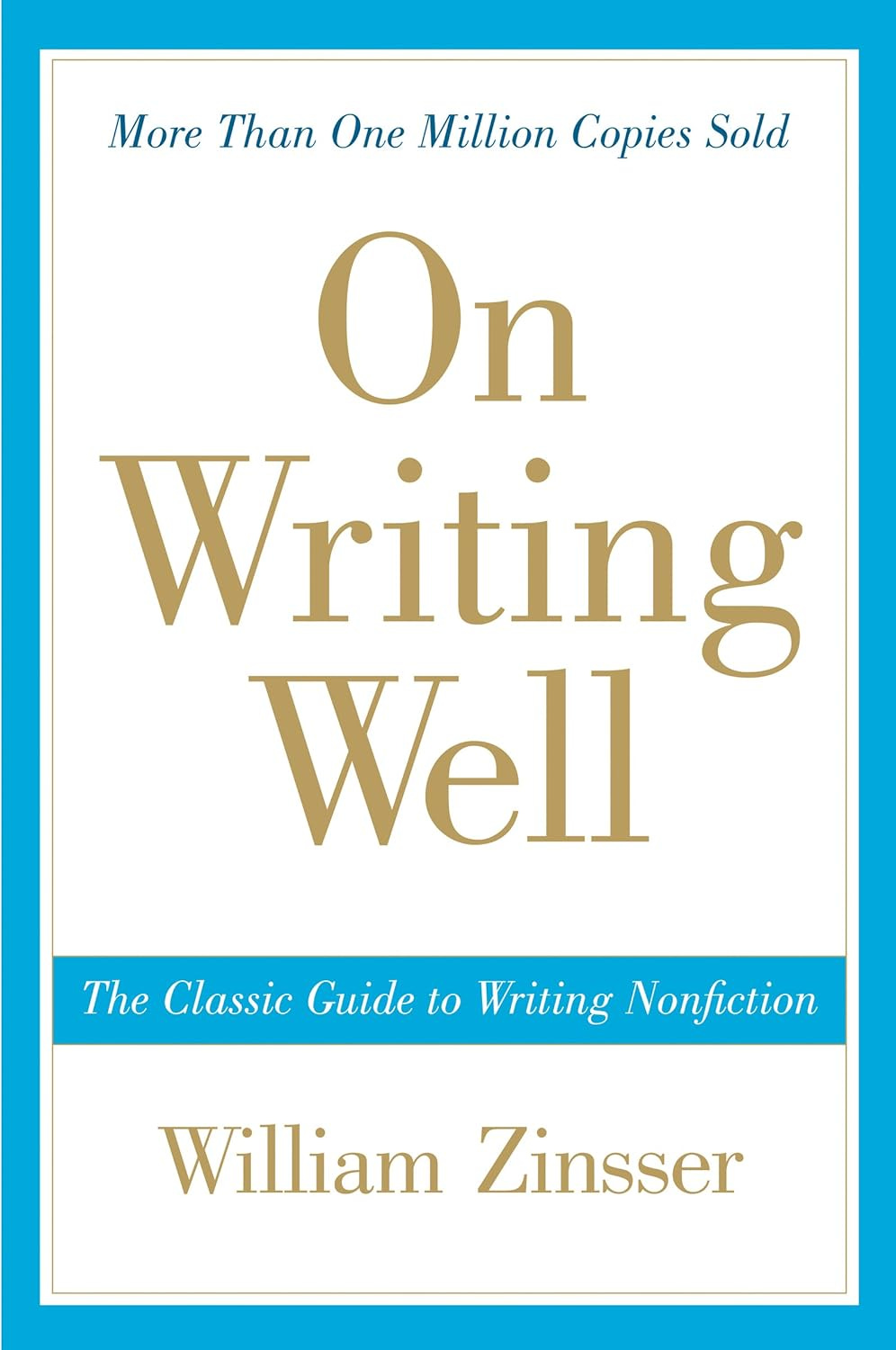Seven Books You Should Read If You Write Historical Fiction.
I’m not sure why most of my favorite books I read this summer have to do with Russian or German communism, but here are my recommendations.
*disclaimer: this post contains affiliate links.
Updated 1/2/2023
Fiction
My Name is Asher Lev by Chaim Potok.
A coming of age story about a young painter growing up in a strict religious society.
This book moved me with its sensitive portrayal of an artist who looks at things differently than the people around him. He has to balance how much he’ll conform to the expectations of his community and how much he’ll shock them with his art.
Recommended age: 16+
Some content warnings.
Cloud and Wallfish by Anne Nesbet.
With his speech impediment, the young boy in this book struggles with making friends after his family moves from America to East Berlin, until he meets the girl upstairs.
While not a spy thriller (or maybe it is…) this book kept my attention with the two riveting main characters and their friendship. I actually cared about the fates of the characters during each twist and turn of the plot as it led up to a surprising…yet very satisfying ending.
Recommended age: 10+
Romanov by Nadine Brandes.
A fictional retelling of the fate of the Romanov family during the Bolshevik revolution.
Told from the perspective of young Anastasia Romanov, this retelling weaves magic, spells, and light romance into the tragic historical narrative of the Romanov family.
Recommended age: 13+
Content warnings: one violent scene.
Resistance by Jennifer A. Nielsen.
[Read the full review here.]
Non-Fiction
Fallout: spies, superbombs, and the ultimate Cold War showdown by Steve Sheinkin.
A comprehensive historical account of the Cold War culture, technology, and politics that’s as entertaining as any novel.
Age recommendation: 13+
The War of Art by Steven Pressfield.
A book about what keeps artists from creating and how to overcome it.
Age recommendation: 16+
Content warnings: occasional bad language, brief mentions of sensitive topics.
On Writing Well: An informal guide to writing nonfiction by William Zissner.
A book about how to make your writing more concise and cutting out clutter from prose.
What books have you read this summer? Share in the comments below.








